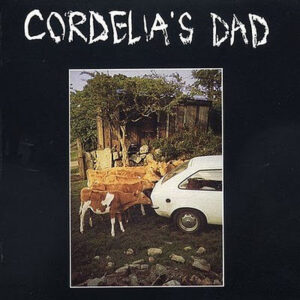 A few days ago someone on the Yahoo Flax and Linen group sent an announcement about the celebration of St. Distaff’s Day, or Rock Day, at the Westford Museum in Westford, MA on Sunday January 6th. I meant to post about it before the event actually happened, but then I had to do some research and go on some tangents, and that took a few days.
A few days ago someone on the Yahoo Flax and Linen group sent an announcement about the celebration of St. Distaff’s Day, or Rock Day, at the Westford Museum in Westford, MA on Sunday January 6th. I meant to post about it before the event actually happened, but then I had to do some research and go on some tangents, and that took a few days.
Even though I am very interested in old European traditions regarding agriculture and textiles, I had never heard of St. Distaff’s Day or Rock Day by those specific names before. However, I had read about prohibitions against spinning on certain holidays, so, I figured they were probably related. It was time to go into research mode.
Quick on-line searches turned up some information here (scroll down a little), the gist of which is referenced by other sites (which you will find if you search yourself).
To sum up, there is no actual saint called St. Distaff. If you are a Catholic or were raised Catholic, and especially if you know anything about spinning, you probably already figured that out. A distaff is a tool for holding your un-spun flax in an orderly fashion and keeping it out of the way while you spin. There are lots of styles of distaff, ranging from fortuitously shaped tree branches (scroll down a lot) to elaborately carved and painted dowry items. Spinning was so exclusively associated with women and girls, during certain periods of history in certain places at least, that the word “distaff” also meant the women’s side of a family’s genealogy. Apparently this is also true of the German word for distaff (and women) rocken. This explains the other name of the holiday, “Rock Day” which, in my opinion, sounds way cooler.
Now for a tangent, which is why this post will take a while. Reading about Rock Day shed some light on the words to a song I had never understood before. My favorite version is by Cordelia’s Dad (listen to a recording here if you don’t have your own copy of their first cassette, um, CD).
I have loved this song since 1980-something, long before I learned to spin, so I have wondered about it for a long time and was glad to finally understand it better. In the song, a woman is singing about her beloved, Johnny, who has “gone for a soldier.” “Johnny Has Gone for a Soldier” is in fact the English-language title of the song in many/most versions. As with a lot of traditional music, the words, melody, arrangement, and language vary. In some versions the word “rock” doesn’t crop up at all. In this one, she makes sure to spin her flax first before she sells her wheel (also see page 107).
At one point, the singer declares that she will sell (or already has sold) her “rock” and her reel, to buy her love a sword of steel. In some versions she also sells her spinning wheel. I can understand why a reel or spinning wheel would be valuable, but I never understood why a rock would be so important or why it would have anything to do with spinning. Did she have a home-made drop spindle with a rock for a whorl? Who would pay money for that? It certainly couldn’t buy a sword. But since rock is a synonym with distaff, that explains it all. Well, it doesn’t explain war, but it does explain why a rock would be so valuable to a young woman.
In my next couple posts I will relate some more info about traditional spinning prohibitions, plough festivals, etc. so stay tuned!

